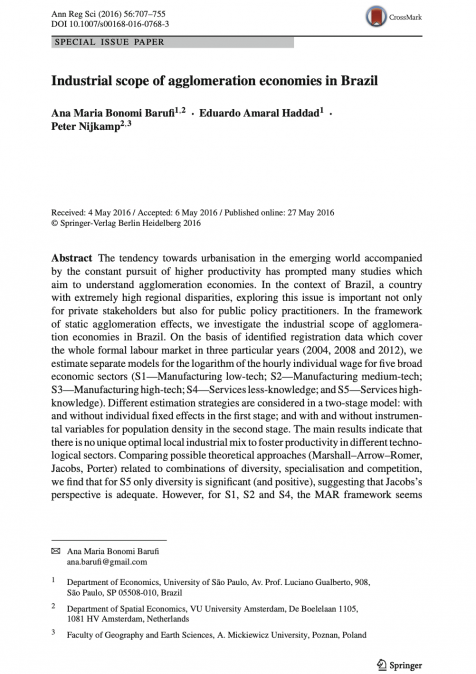Publications /
Policy Brief
In recent months, the price of gold has rebounded, taking it to new heights. The analysis of the prices of this precious metal over the last two centuries has shown great stability until 1971, when the United States abandoned gold/dollar convertibility, but also its erratic movement since then. Subject to the laws of the market, the price of this raw material depends essentially on demand. This trend confirms that this asset is a safe haven in difficult times, without however contemplating its re-monetization. This rebound, which is cyclical in nature and occurs in the short and medium term, is a godsend for gold-producing countries, at the forefront of which are China, Russia and Australia, but also some African producers, such as Ghana.
Gold is shining bright, while its prices are at their highest level in history, with an ounce exceeding $2,000. The purpose of this Policy Brief is to examine and look into the reasons behind this recent price surge, which will enable us to know whether this surge is cyclical or structural, and who are the beneficiaries and victims.







